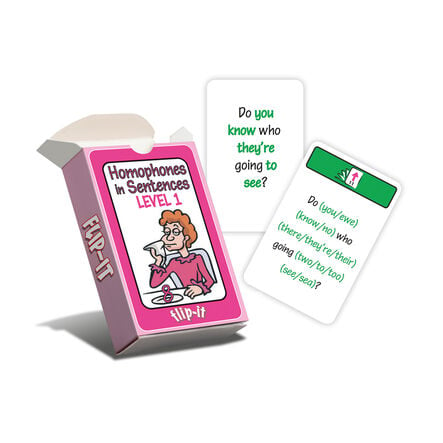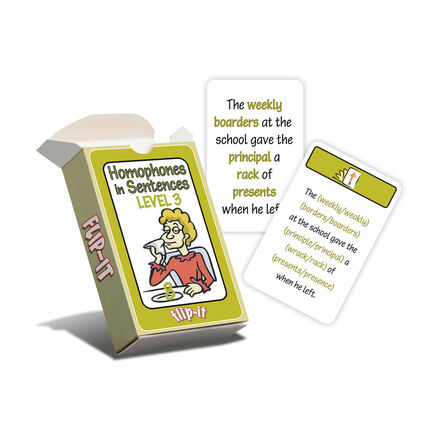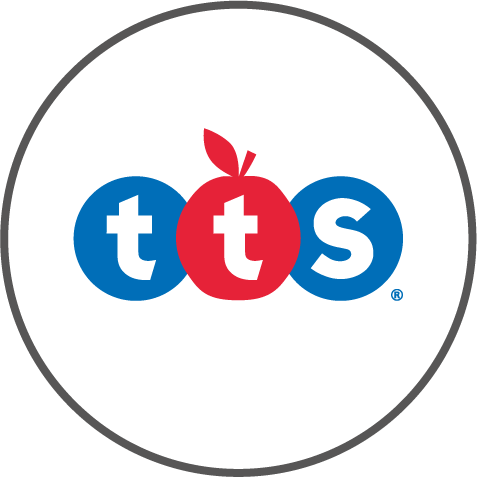Flip-It Homophones in Sentences
https://www.tts-group.co.uk/flip-it-homophones-in-sentences/1007334.html Product Code: make all selections to view product codePromotions
Product Actions
Product Information
 TTS Developed
TTS Developed
Helping to Support Teaching and Learning
-
Engaging Learning
These activity cards make learning homophones engaging and enjoyable. Children can easily grasp the concept through interactive exercises.
-
Curriculum Support
Supports the UK curriculum by helping children read common exception words and apply phonic knowledge to decode words from Year one.
-
Improves Literacy
Enhances literacy skills by teaching children to recognise and use homophones correctly in sentences.
-
Interactive Exercises
Provides practical exercises for homophones learning, including examples like stationery/stationary and rode/rowed.
-
Phonics Focus
Aligns with Year one phonics aims, helping children note unusual correspondences between spelling and sound.












